Helping Countless Organizations Thrive Through Stellar Recruitment and Placement Services
For an enterprise to thrive merely having great products or services is not enough Given this intuitive entrepreneurs also focus on finding and hiring the
ARTICLES
Love them or hate them, interviews are an integral part of the recruitment process. You may be the perfect candidate for the role in question, but if you don’t come across well during the interview process, then it may lead to you being passed over in favour of another candidate.
Preparation is key to success in interviews, so here are some simple tips to ensure you are fully prepared for your next interview.
Research is the most important activity you can do before any interview. Thankfully, the internet makes this relatively easy. There are three main areas that you should concentrate your research on:
Having a thorough, 360° understanding of the company is essential and will enable you to answer questions regarding the company confidently. This knowledge will help you ask interesting and insightful questions to the interviewer.
Things to consider when researching the company: Who are they? What is their history? How long have they been in operation? Are they a growing company or are they in a period of consolidation? What do they do well? What could be improved?
As well as researching the company itself, you should research the key personnel of the organization. This research should include the leadership team (especially anyone who you may be directly reporting too) and your interviewer. Having an understanding of who you may be working with and who is interviewing you will help you immensely going forward. As well as enabling you to build rapport, understanding the people of the organization will help you ask them insightful and interesting questions.
Things to consider when researching the company’s people: Who are the key personnel in the organization? Have you worked with any of them before or have you worked at the same company as any of them? Check their LinkedIn profiles and see if you have any shared connections.
You can’t truly understand any business without understanding its market. Understanding the context of where and how the business operates is key to a complete understanding of the organization.
Things to consider when researching the company’s market: What market do they operate in? What is the state of this market? What is their market position? What opportunities are there? What potential threats are there? What is their market share?
Having an understanding of the company’s market is to have an understanding of its competitors. It’s something that many people fail to consider. By doing so, it can differentiate you from other candidates as it shows that you are someone who goes the extra mile with their research and understands the strategic position that the company operates in.
Things to consider when researching the company’s competitors: Who are the company’s competitors? How long have they been in operation? What market share do they have? Are they growing? What are they doing well? What are they not doing well?
When researching all of the above, always be thinking about how these things affect the company as a whole but the role that you are interviewing for too.
It goes without saying that you should do some preparation for common interview questions. This doesn’t mean ‘learning’ answers; it means thinking about the sort of questions you may face and considering how you will answer them in a natural, fluent and friendly way.
Be prepared for ones such as:
You should also prepare for competency based interview questions (also known as structured or behavioural interview questions). These are questions designed to quickly evaluate a candidate’s mindset and gauge how they may handle certain situations that may occur if they were to be offered the job. Examples include:
The best way to answer such questions is to use the S.T.A.R. technique. This is a framework that enables you to structure your answer your questions in a logical and insightful way:
Situation: Describe the situation and the background to your answer. It is crucial that your interviewer understands the context of your story.
Task: What was required of you? Why did they ask you? Why was the task important? What was to be achieved?
Activity: What did you do? Why did you do it? Remember to highlight the skills and personal attributes you used.
Result: Explain how the whole situation turned out, and how your actions helped achieve the result. Make the interviewer understand how you achieved the outcome by taking specific actions. Also, don’t be afraid to discuss what didn’t go as well as you expected, but always remember to showcase what you learned from the experience.
Follow the advice above and not only will you go into your interview much more confident, but you will also perform better and give yourself the best chance of securing the role you are interviewing for.

For an enterprise to thrive merely having great products or services is not enough Given this intuitive entrepreneurs also focus on finding and hiring the

Are you frustrated by turnover a lack of qualified talent low performance and missed sales targets Here are some tips on 8220 How To Hire

The shortage of candidates we have seen in the past two years will continue and plague companies with unfilled roles We are all too familiar

There are many ways that one can positively impact the lives of others While delving into the medical industry is the most forward path to

Robertson Human Asset Is A Life Sciences Executive Recruitment Firm Specializing In Finding Sales & Leadership Talent For Companies In Medical Device Manufacturing, Dental And Digital Health.

Robertson Human Asset Is A Life Sciences Executive Recruitment Firm Specializing In Finding Sales & Leadership Talent For Companies In Medical Device Manufacturing, Dental And Digital Health.

Robertson Human Asset Is A Life Sciences Executive Recruitment Firm Specializing In Finding Sales & Leadership Talent For Companies In Medical Device Manufacturing, Dental And Digital Health.
